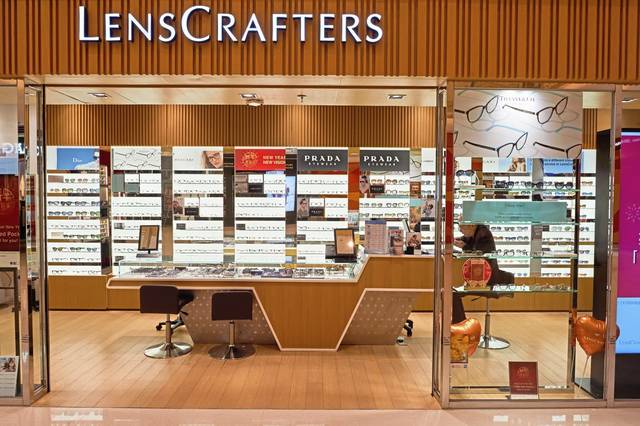Consumers generally don’t need extended warranties.
“They are cash cows for retailers,” said Linda Sherry, a spokeswoman for the advocacy group Consumer Action. “Salespeople get commissions, which is why they push them so hard.”
But that doesn’t mean you want to dismiss the idea of purchasing extra protection in all cases.
A tipster working in the eyewear industry contacted me the other day to warn that the $35 extended warranties sold by LensCrafters, Target Optical, Pearle Vision and other chains owned by glasses behemoth EssilorLuxottica are a waste of money.
“The breakage warranties that are being sold to patients of stores owned by Luxottica are a huge rip-off,” the tipster said. “Every eyewear lab offers one free remake to the stores. Therefore, the $35 being charged to patients is simply money in Luxottica’s corporate pocket.”
That’s not the whole story, though.
I contacted a half-dozen optical labs throughout Southern California, and each said they stand behind their lenses for at least a year, often two. So if a coating starts peeling off within a few months, most labs will fix it free of charge.
Moreover, Jane Lehman, a Luxottica spokeswoman, acknowledged that frames sold by the company’s eyewear chains automatically come with a two-year limited warranty covering “manufacturer defects,” which means if there’s anything wrong, they’ll get fixed or replaced.
Also, it pays to read the fine print — as consumers should do for all extended warranties.
In LensCrafters’ case, the added coverage costs $35 a year, yet you still have to shell out a “copay” of $25 to replace broken frames and another $25 for faulty lenses.
I advise most people to skip extended warranties for big-ticket purchases such as high-definition TVs and kitchen appliances. In most cases, the manufacturer’s warranty will cover at least the first year of ownership, and if there’s a defect, you’ll probably find out about it sooner rather than later.
“Extended warranties are generally a bad value,” said Jack Gillis, executive director of the Consumer Federation of America. “Rarely do they pay off.”
He added: “That’s the main reason why consumers are highly pressured into buying them, because they are so profitable for the sellers.”
David Lazarus, a Los Angeles Times columnist, writes on consumer issues. He can be reached at david.lazarus@latimes.com.








